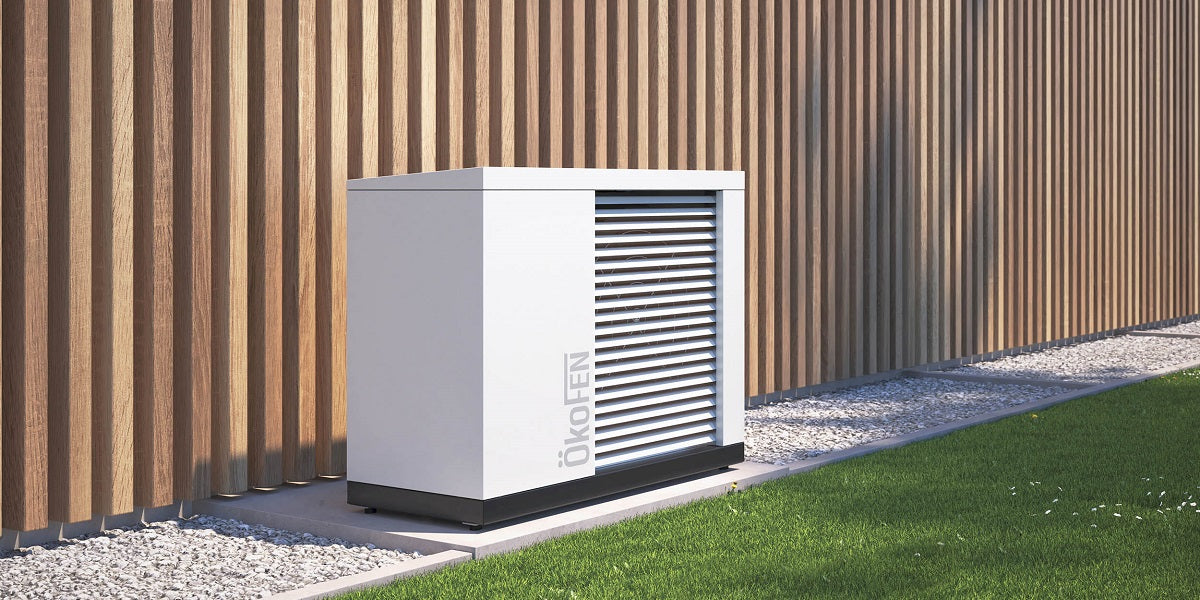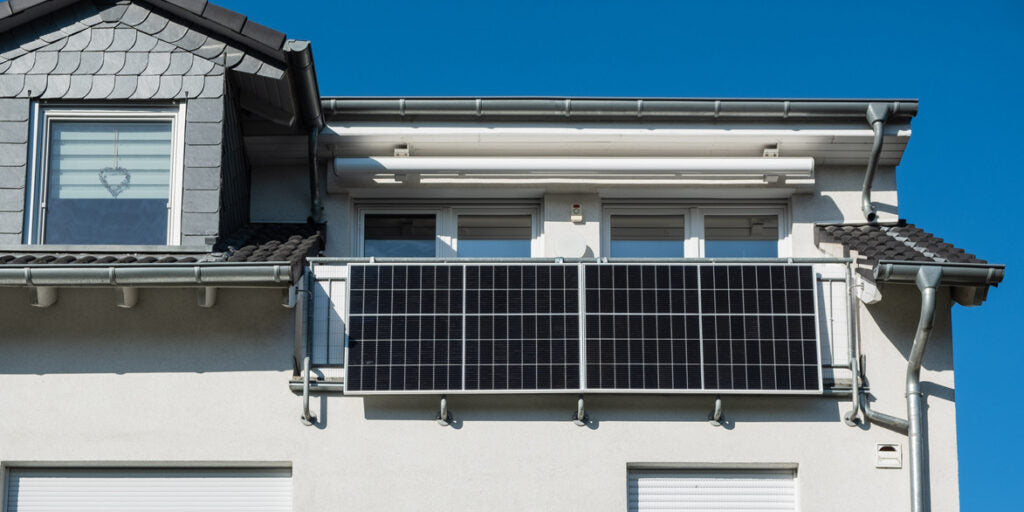https://www.pv-magazine-australia.com/2023/08/25/australian-shipbuilder-to-deliver-worlds-largest-all-electric-ferry/
Australian shipbuilder to deliver world’s largest all-electric ferry
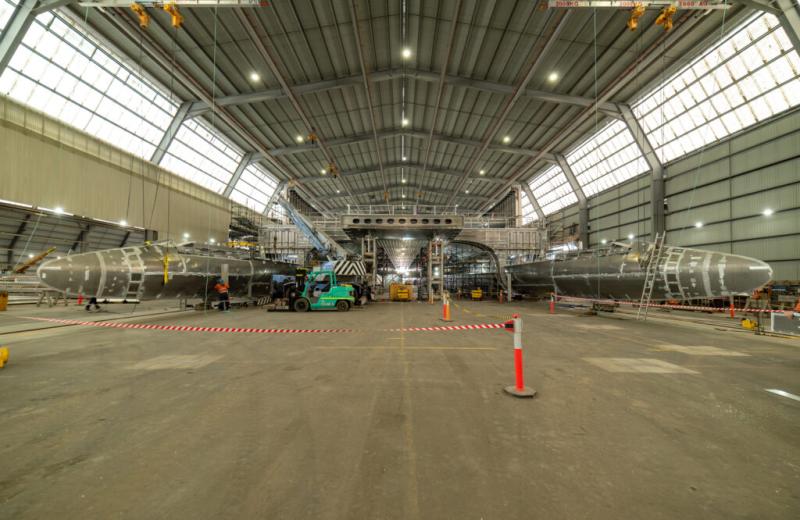
Image: Incat Tasmania
Shipbuilder Incat Tasmania has commenced construction of a lightweight aluminium ferry that it said will be the largest 100% battery-electric vessel yet built. The 40 MWh battery energy storage system is expected to be the largest installed onboard a ship – four times bigger than the current largest installation.
The catamaran, designed to carry both passengers and freight, is being built for South American customer Buquebus and will operate between Argentina and Uruguay. The vessel will be capable of carrying up to 2,100 passengers and 225 cars at up to 25 knots.
Incat Managing Director Craig Clifford said the vessel will be driven by two electric drives mounted in pods beneath the hull with the batteries to power a series of electric motors that will drive “an extremely efficient, completely integrated” propulsion and water jet package.
“This ship will have leading edge technology in terms of zero emissions propulsion and storage systems,” he said. “Once in operation the shore-side charging systems will have 50% more capacity than any current installation world-wide.”
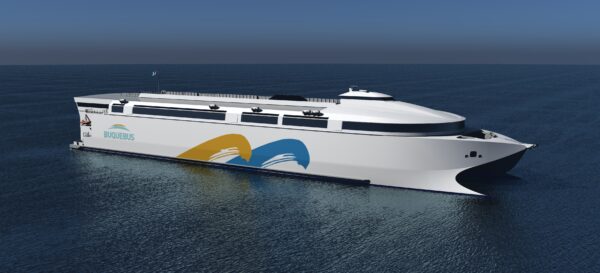
Image: Incat Tasmania
Technology group Wartsila has been nominated to provide the electric propulsion and waterjet system that will power the vessel. The Finnish company will also provide the energy management, power conversion and DC shore-charging systems for the project.
Wartsila has named Norwegian maritime energy storage systems specialist Corvus Energy to supply the battery systems.
Corvus Commercial Director Europe Halvard Hauso said with more than 40 MWh of energy storage, the battery modules and energy storage system package is four times larger than on any electric or hybrid ship currently operating.
“This vessel will be the largest of its type with the highest ESS capacity and it will also have the longest zero-emission journey, at the highest speed, and it will be charged with the world’s highest capacity chargers,” he said.
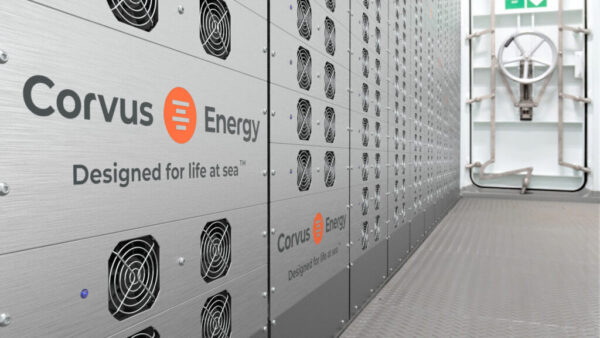
Image: Corvus Energy
The battery systems are scheduled for delivery in the latter part of 2024 with the vessel to be delivered in 2025.
Clifford said the build has attracted global attention and that the interest is expected to magnify as the maritime industry’s decarbonisation journey gathers momentum.
“The feedback from overseas has been extraordinarily positive,” he said. “I expect that we are going to see many more battery electric ships built.”
Incat said it has already started working toward the construction of a second but smaller battery-electric vehicle and passenger ferry.
This content is protected by copyright and may not be reused. If you want to cooperate with us and would like to reuse some of our content, please contact: editors@pv-magazine.com.
<


